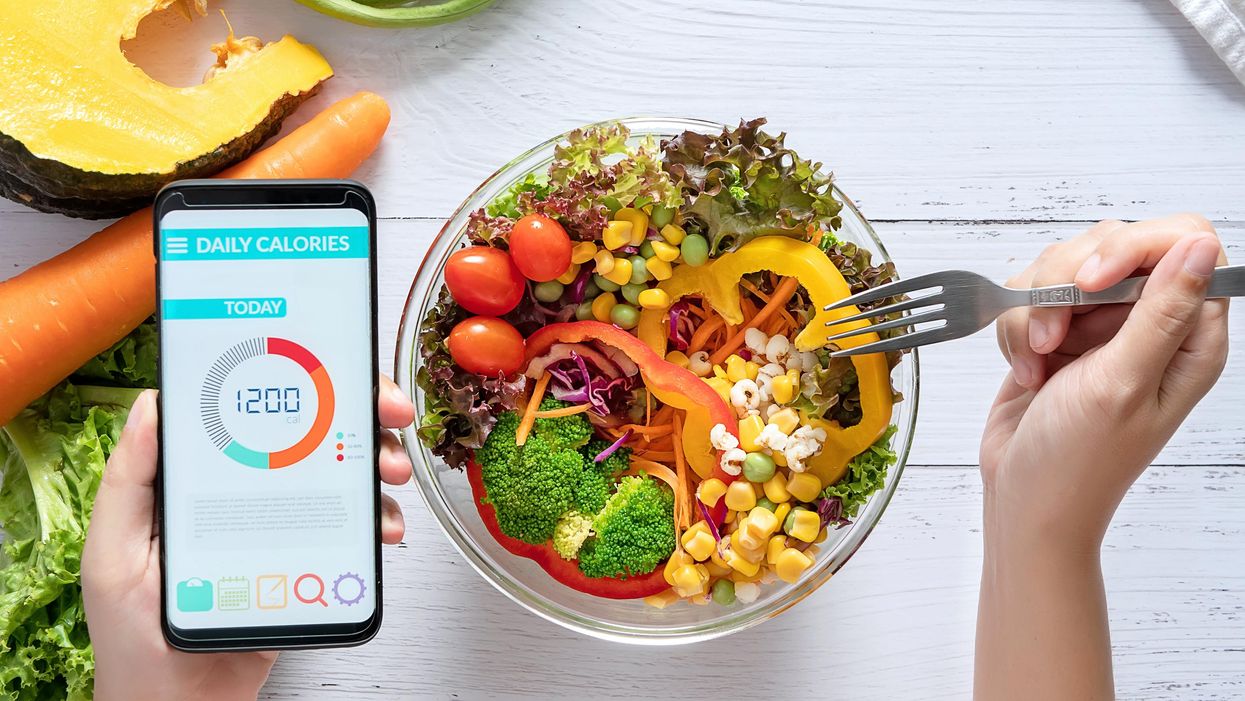3 Reasons Dancers Should Delete Calorie-Counting Apps
Seeking control over the uncontrollable is a common coping mechanism we all use when we’re stressed. For dancers, that can manifest as a tendency to overanalyze meals and obsessively monitor daily calorie burn: When weight and body-image anxieties lurk alongside the unfortunate encouragement of those behaviors within our culture, it’s easy to say, “Hey, let me start tracking my calories to make sure I’m not eating too much.”
But relying on apps to monitor our energy balance drives us further away from building self-confidence and trust with our bodies—two key components to optimal performance. So how should you think about fueling your body instead?
1. You’ll Miss Out on Nourishing Foods
Despite an old “a calorie is a calorie” mentality, all calories are not created equal. Tracking calories or points can sway you from choosing nourishing yet calorically dense options like nuts, hummus and guacamole.
A better idea:
Stop obsessing over numbers. Instead, consider balance and variety. Aim for a mix of foods that provide ample amounts of protein, fats and carbohydrates. While nutrient-awareness can help to provide your body with the tools it needs for performance, you don’t need to track each gram.
2. Your Body Is Smarter Than an App
It can feel comforting, initially, to have that external validation when you’re trying to control your eating habits. An app, however, cannot accurately measure your energy output (aka your daily calorie burn), which can be complicated by factors like metabolic demands and growth needs.
A better idea:
You are your own best determinant of how much energy your body needs to dance well. Instead of attempting to micromanage it, take control of the thoughts driving you to seek this false sense of comfort. What might you actually need to reduce your underlying anxiety around food? It could mean working with a mental health therapist.
3. You’ll Risk Burnout
According to the research, those who use calorie counters and fitness trackers have an overall higher level of preoccupation with their food intake and bodies. The increased scrutiny of your habits often fuels feelings of failure and guilt, especially when unrealistic standards are not met.
A better idea:
Learning how to honor your body’s intuitive cues of hunger, fullness and satisfaction enables you to choose foods that support your well-being. Consider working with a health-care professional, like a dietitian who understands dancers, to build a sustainable eating plan.
An Alternate Idea:
If you’re nervous about letting go of the external eating cues an app provides, consider swapping your current food and/or exercise tracker with Recovery Record. The app allows you to log your food, but with a new focus. Instead of micromanaging calories or macronutrients, you’re prompted to consider aspects of mindful eating: tuning in to the food’s tastes, textures and aromas. You’ll also learn how to associate your current feelings with your eating behaviors.





